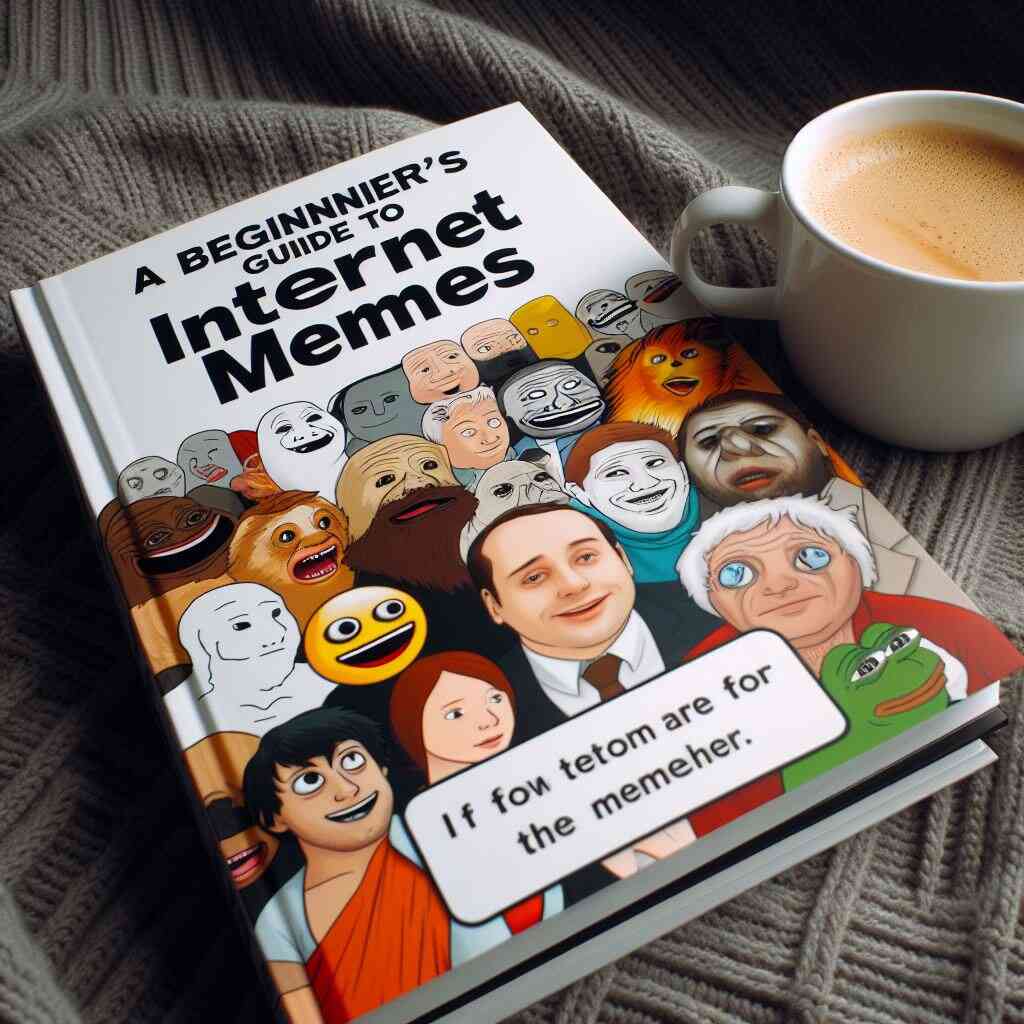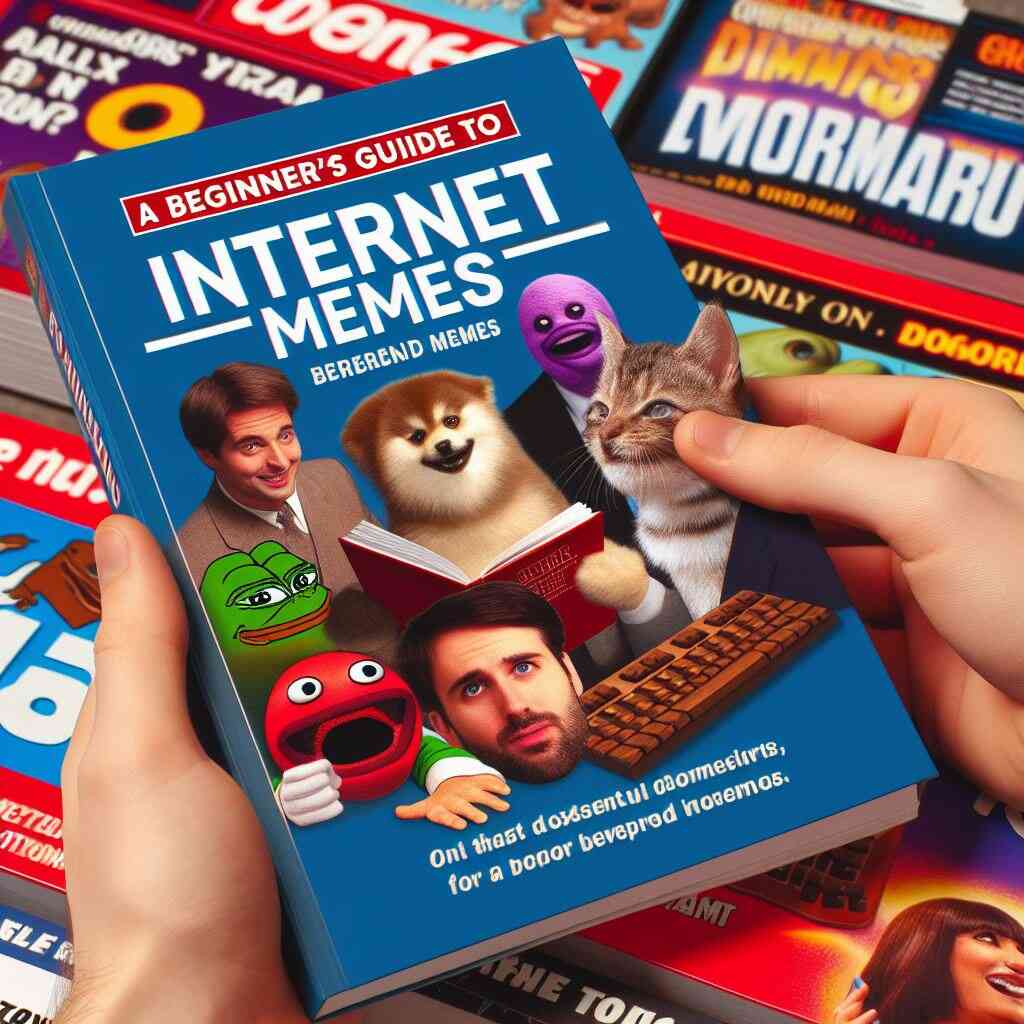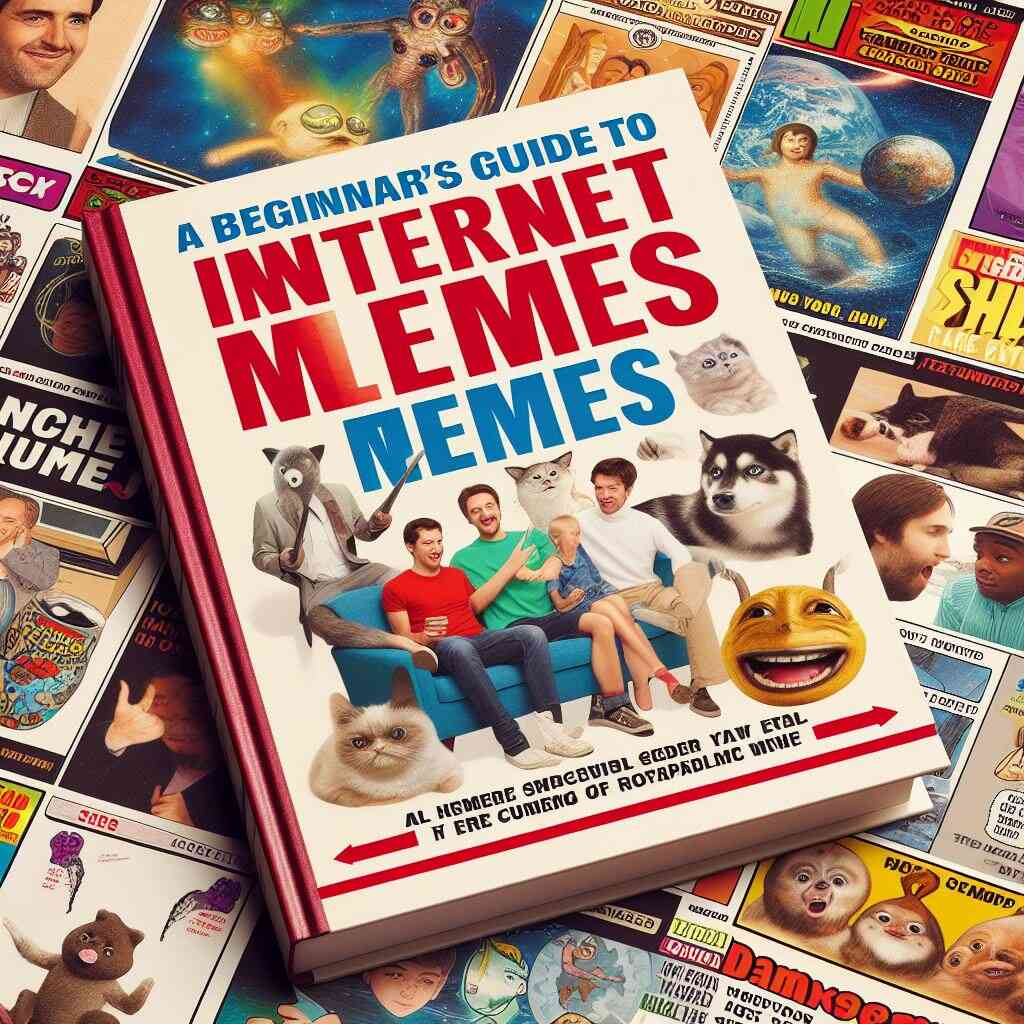
Internet memes have become a ubiquitous part of online culture, serving as a form of expression, humor, and social commentary in the digital age. From viral images to catchy catchphrases, memes encapsulate shared experiences, inside jokes, and cultural references that resonate with diverse audiences across the globe. In this beginner’s guide, we’ll explore the fascinating world of internet memes, from their origins to their impact on modern communication and beyond.
1. What Are Internet Memes?
Internet memes are cultural artifacts, ideas, or behaviors that spread rapidly across the internet through imitation, replication, and remixing. Memes can take various forms, including images, videos, GIFs, hashtags, and even text-based jokes. Memes often leverage humor, irony, or satire to convey a message or evoke an emotional response from their audience.
2. Origins of Memes:
The term “meme” was coined by evolutionary biologist Richard Dawkins in his 1976 book “The Selfish Gene” to describe cultural ideas or behaviors that spread and evolve through imitation, similar to how genes propagate through natural selection. While memes have existed long before the internet, the rise of digital communication platforms has accelerated their proliferation and evolution in unprecedented ways.
3. Types of Memes:
Memes come in various formats and genres, each with its own unique characteristics and conventions. Some common types of memes include image macros, which combine images with humorous captions; reaction memes, which depict exaggerated emotional reactions; and catchphrase memes, which popularize phrases or slogans associated with specific contexts or characters.

4. Cultural Relevance and Trendspotting:
One of the defining features of memes is their ability to evolve and adapt to new contexts and trends over time. Memes often undergo iterative cycles of remixing and reinterpretation, with users adding their own creative twists and variations to existing memes. Social media platforms and online communities play a crucial role in facilitating the spread and propagation of memes, allowing users to share, remix, and amplify content with ease.
5. Cultural Significance:
Memes serve as a reflection of contemporary culture, capturing the spirit of the times and reflecting the collective experiences, values, and anxieties of society. Memes often engage with current events, pop culture phenomena, and social issues, providing a lens through which we view and interpret the world around us. Memes can foster a sense of community and belonging among like-minded individuals, creating shared cultural references and inside jokes.
6. Impact on Communication:
Memes have transformed the way we communicate and interact with each other in the digital age. Memes provide a shorthand language that transcends linguistic and cultural barriers, enabling users to express complex ideas and emotions in a concise and relatable manner. Memes also serve as social currency, allowing individuals to signal their affiliations, identities, and cultural literacy within online communities.
7. Memes in Marketing and Advertising:
Brands and marketers have embraced memes as a way to connect with younger, digitally savvy audiences and inject humor and personality into their advertising campaigns. Memes offer brands an opportunity to engage with consumers in a playful and informal manner, fostering brand awareness, engagement, and virality. However, meme marketing requires careful navigation of internet culture and authenticity to avoid backlash or misinterpretation.

8. Etiquette and Ethics:
While memes are often lighthearted and humorous, it’s essential to be mindful of their potential impact and implications. Memes can perpetuate stereotypes, reinforce harmful attitudes, or trivialize serious issues if used irresponsibly. Practicing meme etiquette involves respecting the cultural context of memes, avoiding offensive or controversial content, and being mindful of the potential consequences of sharing or creating memes.
Conclusion:
Internet memes are a fascinating and dynamic aspect of online culture, shaping the way we communicate, express ourselves, and engage with the world around us. Whether providing moments of laughter, insight, or solidarity, memes have become a universal language that transcends borders, generations, and demographics. As we navigate the ever-evolving landscape of internet culture, understanding the origins, types, and cultural significance of memes can deepen our appreciation for this unique form of digital expression.
